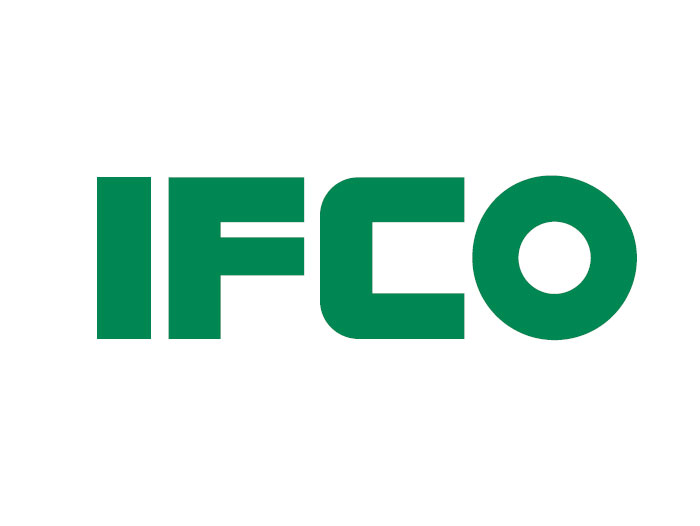Walmart Selects IFCO as Exclusive Provider of Reusable Plastic Containers for Fresh Fruit & Vegetables in the U.S.
February 9, 2021 | 3 min to read

Tampa, FL (USA) – IFCO SYSTEMS (IFCO), the world’s largest operator of Reusable Plastic Containers (RPCs) for fresh food packaging, and Walmart, today announced the completion of a multi-year business agreement that will expand the retailer’s use of IFCO RPCs and make IFCO Walmart’s exclusive RPC packaging provider for select fresh fruits and vegetables distributed in the U.S.
“IFCO and Walmart share the goal of an efficient, sustainable fresh food supply chain that helps nourish millions of Americans and billions of consumers worldwide,” said Dan Martin, outgoing President of IFCO North America. “This agreement is a win for IFCO, a win for Walmart, a win for the environment and a win for millions of grocery shoppers across America.”
Under the seven-year agreement, IFCO and Walmart will build upon their longstanding collaboration, which launched in 1998 when the two companies joined forces to introduce reusable packaging in the U.S. Walmart suppliers will deliver their produce to Walmart locations using IFCO RPCs. Each RPC will be retrieved after each use and cleaned, washed, sanitized and wrapped before being used again. IFCO RPCs are used up to 100 times before being reground into new RPCs.
“Walmart is committed to providing its shoppers with high quality, safe, nutritious and affordable fresh food produced sustainably,” said Martin Mundo, Walmart Senior Vice President, Produce & GPS, “Our new agreement with IFCO helps us deliver on that promise by creating a fresh food supply chain that is more efficient and more sustainable from beginning to end.”
IFCO expects to create U.S.-based manufacturing jobs through the production of new RPCs, as well as the additional staff needed to process millions of new RPCs at expanded IFCO Service Centers. The RPC program will also help drive improvements across the entirety of the fresh food supply chain. For example, efficiencies will be created via standardization and modularity, as well as significant increases in product shelf life and food waste reduction, which are inherent features of the IFCO RPC program.
IFCO RPCs will contribute to Walmart’s Project Gigaton goal to avoid 1 gigaton of greenhouse gas emissions across its supply chain by 2030. When fully implemented, the use of IFCO RPCs is expected to help avoid, on an annual basis, an estimated:
- 70 thousand metric tons carbon dioxide emissions, equivalent to removing more than 16,000 cars from the road.
- 40 million kilograms of solid waste, equivalent to the amount of waste created by around 19 million individuals.
- 1 billion kilowatt hours of energy use, equivalent to powering 2.5 million light bulbs.
- 1 million cubic meters of water consumption, equivalent to the amount of water required for more than 34 million individual showers.
- 7 million kilograms of product damage, equivalent to the amount of food required for more than 11 million individual meals each year.
Note: Calculations based on the LCA study performed by Franklin Associates, A Division of Eastern Research Group (ERG), and The Save Food Study by the Fraunhofer Institute for Material Flow and Logistics for the Stiftung Initiative.
In addition, the RPC program will include new innovations in RPC tracking technology. IFCO has added features to its RPC pool that will not only enhance the visibility of assets in the Walmart network, but also facilitate future innovations in product traceability.
Both companies are committed to increasing transparency in the Walmart supply-chain and building on the new technology to drive efficiency and greater value to the consumer in the months and years ahead.
About IFCO
IFCO is the leading global provider of reusable packaging solutions for fresh foods, serving customers in 50+ countries. IFCO operates a pool of over 314 million Reusable Plastic Containers (RPCs) globally, which are used for over 1.7 billion shipments of fresh fruits and vegetables, meat, poultry, seafood, eggs, bread, and other items from suppliers to grocery retailers every year. IFCO RPCs ensure a better fresh food supply chain by protecting freshness and quality and lowering costs, food waste and environmental impact compared to single-use packaging. More: www.ifco.com
Follow us on LinkedIn @IFCO SYSTEMS and Twitter @IFCOSystems
